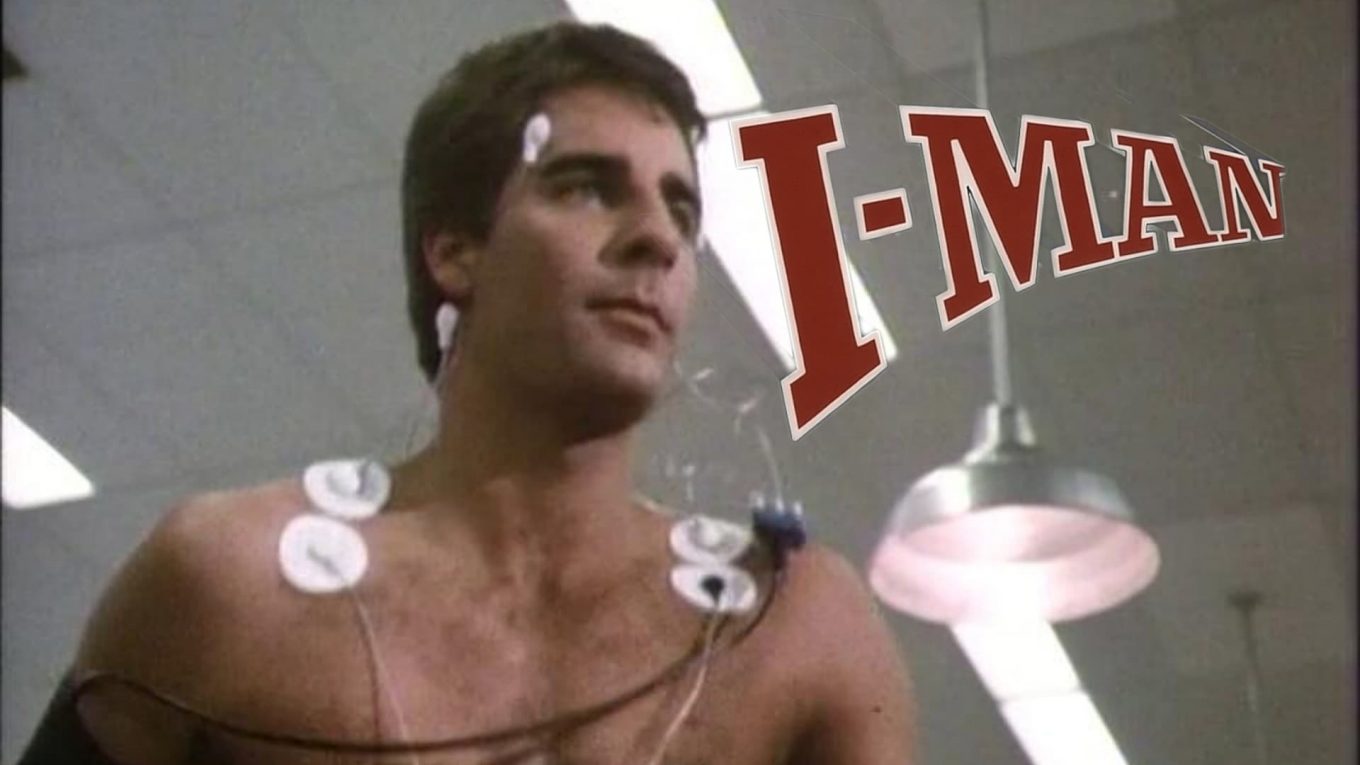I-Man (1986)
In the early 1990s, having become synonymous with the time-traveling heroism of Dr. Sam Beckett, many viewers, myself included, sought out other projects featuring Scott Bakula. Stumbling upon an ex-rental copy of the 1986 pilot, I-Man, revealed a strange piece of television history. While the pilot was clearly flawed, it offered an early, charismatic glimpse of the leading man Bakula would soon become.
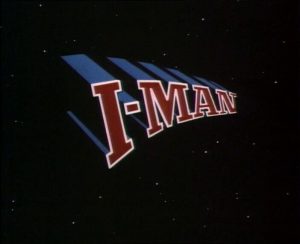
The premise of I-Man is a pure dose of mid-80s sci-fi cheese: Jeff Wilder, a lovable doofus and taxi driver, is accidentally exposed to a strange alien gas recovered by a space probe. The result is total indestructibility. The show was clearly attempting to capture the moody, itinerant success of The Incredible Hulk but failed to understand the essential conflict of that model. Where Bruce Banner’s alter-ego was a horrific curse that caused immense damage, personal anguish and an unparalleled clothing bill, Jeff Wilder’s power is largely just convenient.
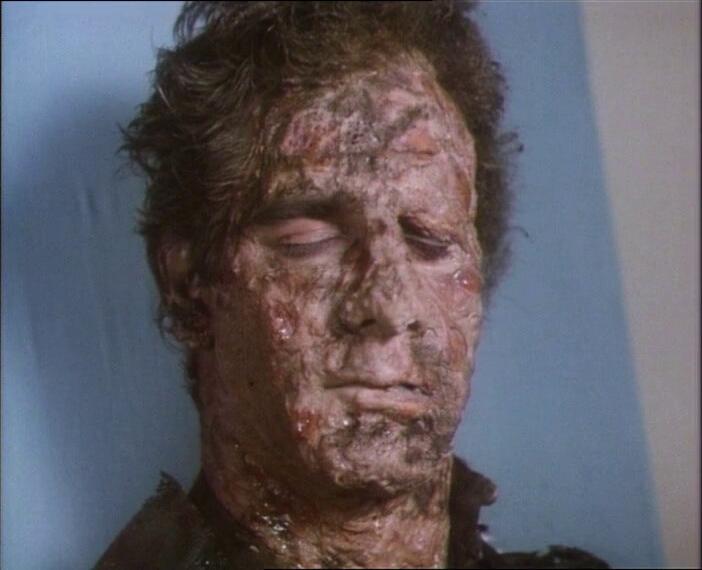
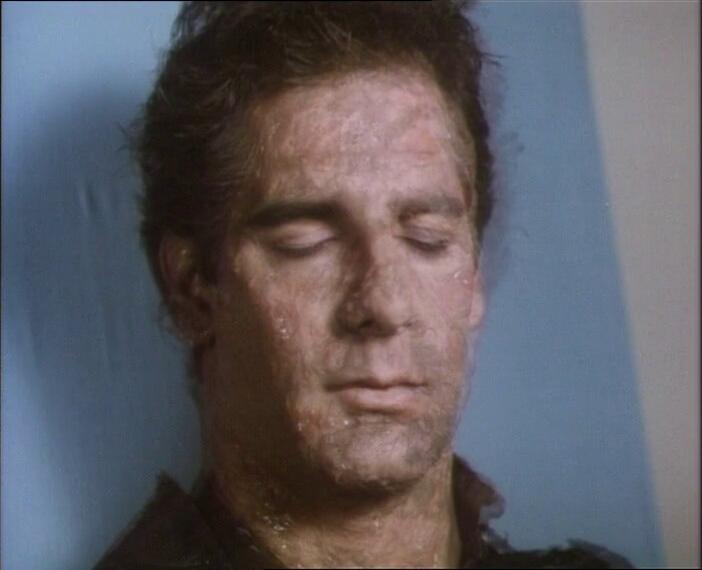
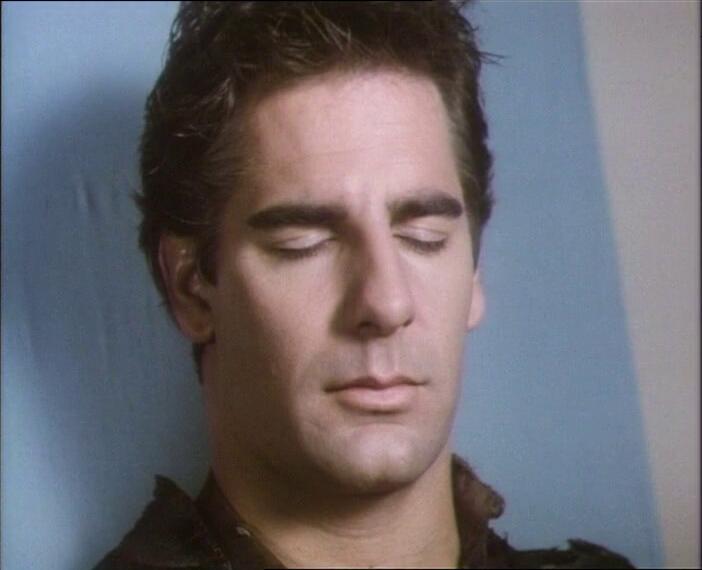
This immediate lack of fundamental conflict casued a severe flaw, how do you raise the stakes when your hero cannot be harmed? Without the dramatic, expense-heavy makeup transformation of the Hulk, I-Man felt like a pale imitation, relying on cheap special effects and a poorly defined, half-baked “kryptonite” (a supposed weakness to darkness or absence of light) that the writers seemed ready to ignore immediately.

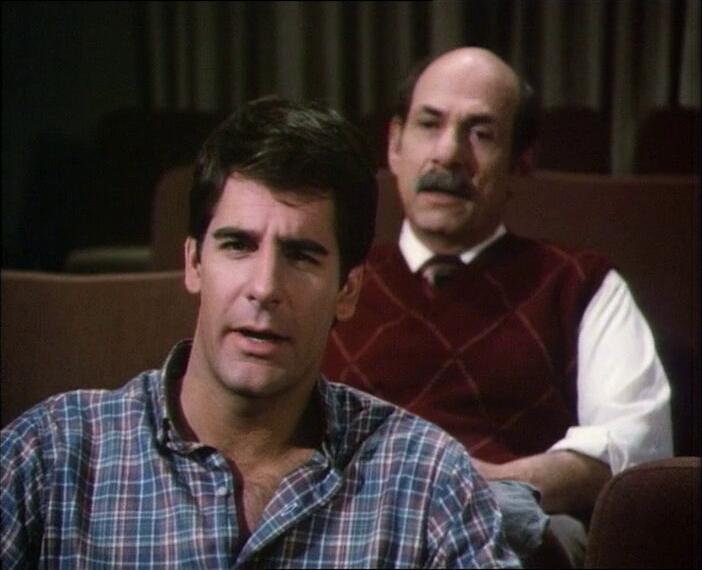
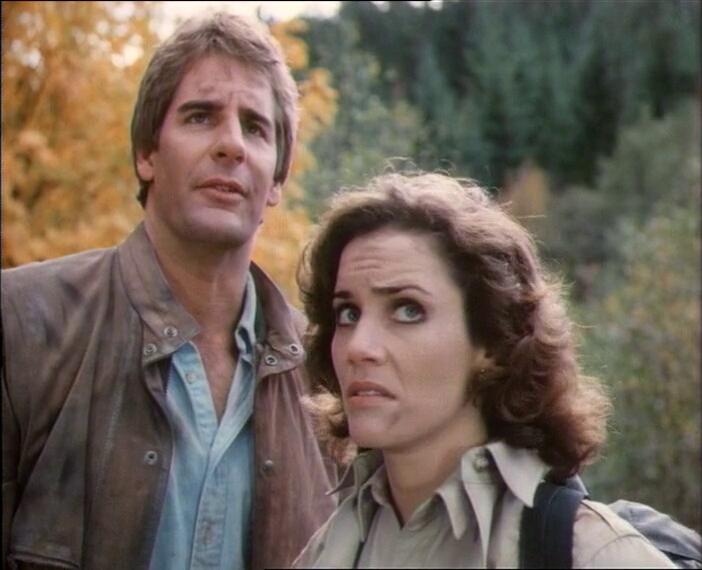
Bakula, even in this early role, exudes the signature charm and affable energy that would define Quantum Leap. Jeff is established as a lighthearted everyman who drives a taxi by day and is prone to comedic situations. Though he initially shies away from conflict, his inherent moral compass pushes him to step up when duty calls.
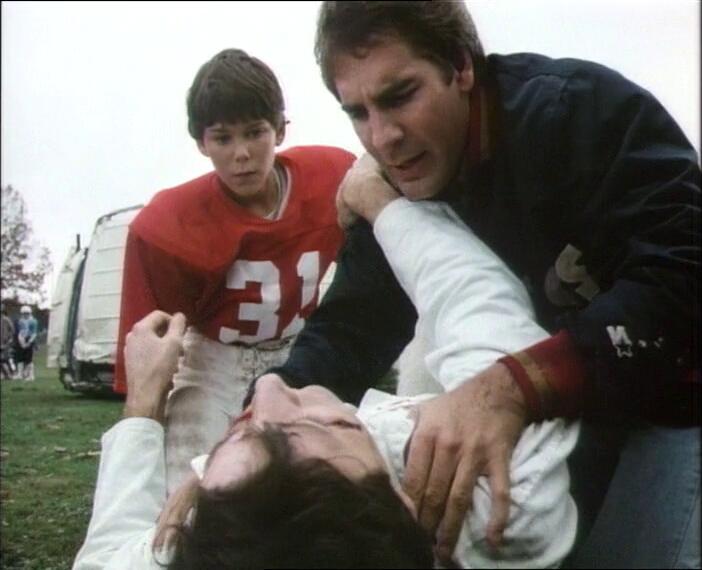
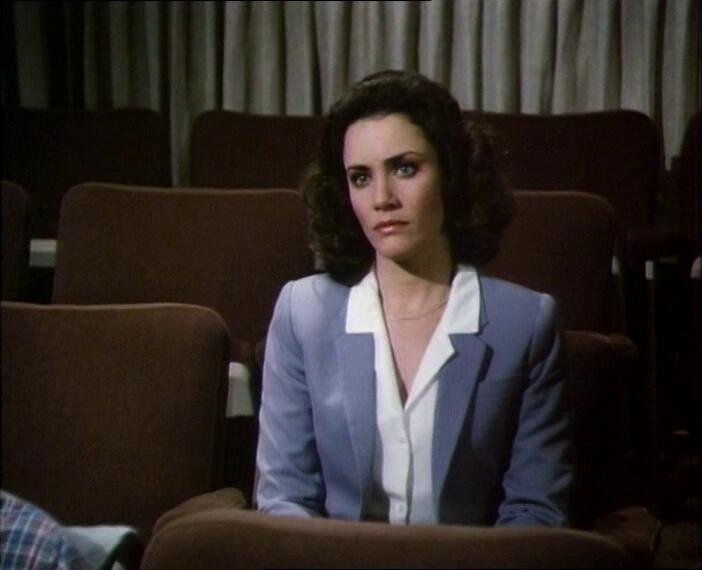
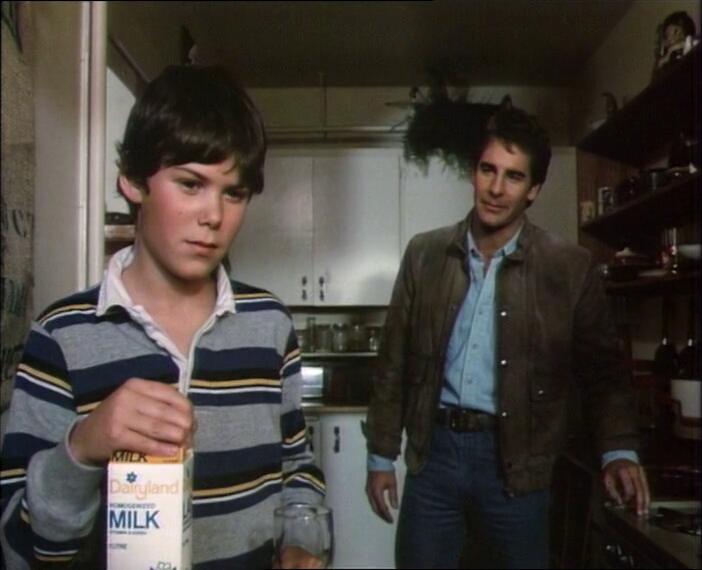
He is supported by his pre-teen son Eric, Joey Cramer from Flight of the Navigator, whose presence unfortunately underscores the show’s lack of focus. More central to the narrative is Karen, played by Ellen Bry, a government agent tasked with monitoring and assisting Jeff. Bry, a capable performer known for roles in shows like The Amazing Spider-Man, struggles to bring depth to this underwritten character. The dynamic is set up for a classic romantic-comedy tension, a carefree civilian clashing with the no-nonsense agent, but their relationship never develops beyond perfunctory, plot-driven exchanges, leaving the potential sizzle completely extinguished. Add in the hulking John Bloom in a rare good-guy role, and you have an interesting crack team of misfits.
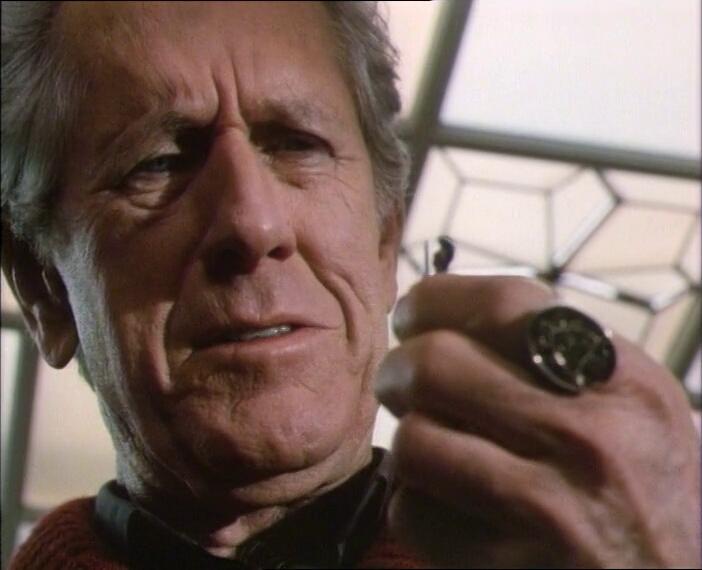
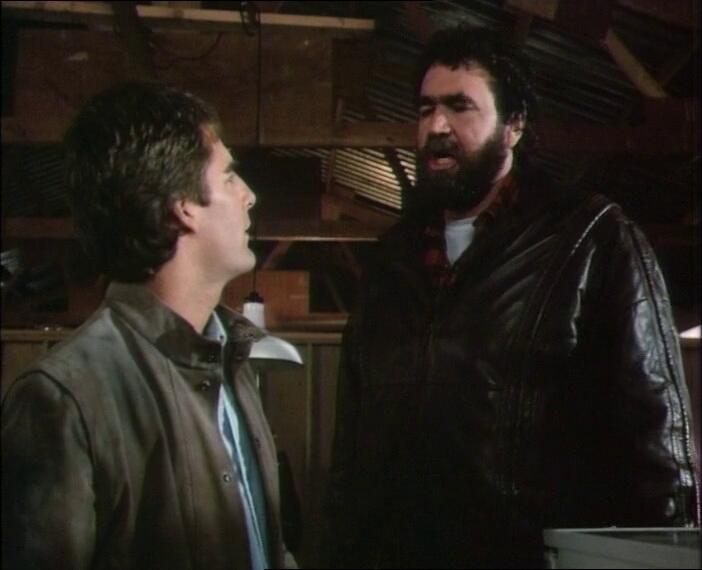

The pilot pits Jeff against the villainous Holbrook, played by John Anderson. Anderson attempts to channel a high-stakes, James Bond-esque antagonist, but his efforts are torpedoed by a script relying on lazy tropes and cartoonish global threats. His plot, which involves attempting to exploit Jeff’s new powers and using a nuclear reactor to destroy the Golden Gate bridge, is forgettable, and the cheap action sequences and over-the-top moments frequently veer into low-budget exploitation territory.



Despite the scripting flaws, the pilot does deliver moments of genuine physical excitement, showcasing the era’s penchant for practical effects. The opening van crash scene and Jeff’s pursuit of a lorry carrying a melting nuclear reactor offer enjoyable, visceral action sequences and impressive stunts. Notably, Bakula himself is clearly visible during some of these high-risk moments, lending credibility to the physical comedy and action, regardless of whether he used a double for the most dangerous parts. I say some, it’s painfully obvious when his “double” steps in.


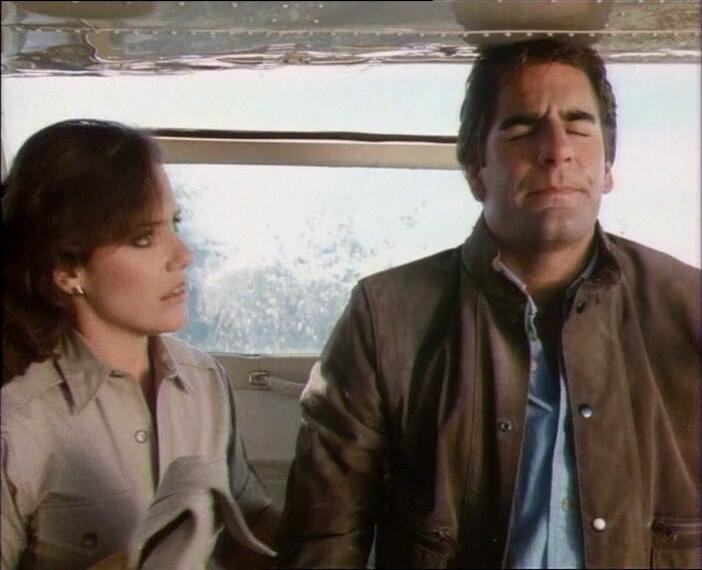
In retrospect, it is no surprise that I-Man did not get picked up as a series. The core premise was fundamentally unsustainable: a completely indestructible lead character quickly lowers the dramatic stakes to zero. The pilot’s attempts to introduce vulnerability is poorly conceived and neglected to provide a satisfying counter-balance.However, viewing I-Man today allows for an appreciation of its campy charm and lighthearted execution. It’s a fun, if deeply flawed, pilot that stands as an excellent example of Bakula’s ability to inject warmth and charisma into even the shakiest of early projects. It’s an interesting curiosity, a piece of television that, thankfully, failed, allowing Bakula to eventually leap into a far superior role.
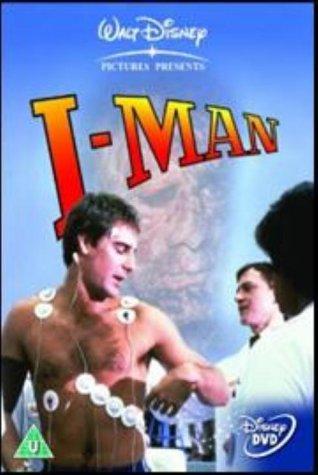
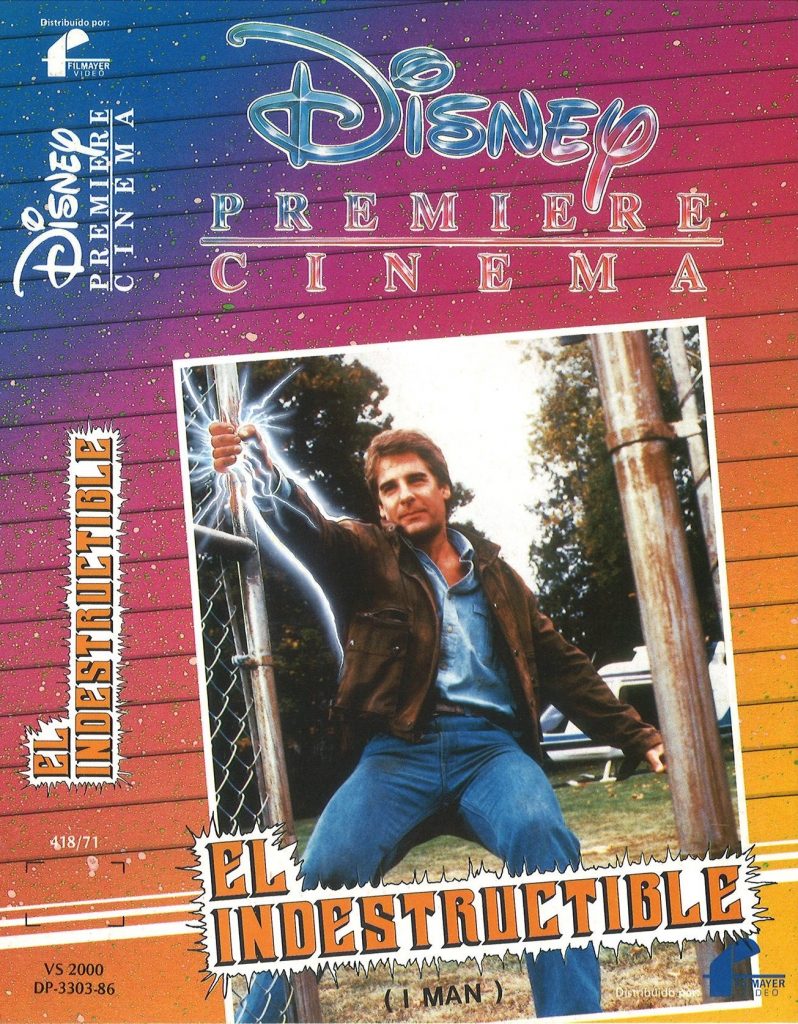
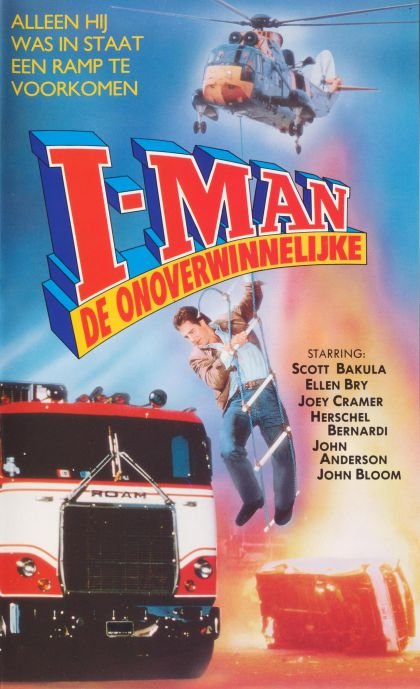
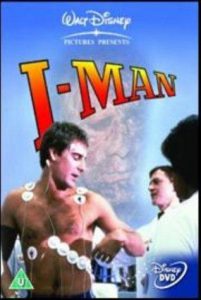
The demand for a physical media release of I-Man was surprisingly low. After tracking down the UK VHS, I felt compelled to upgrade it to DVD purely for preservation purposes.
Today, the film likely sits untouched in the Disney vault, far from being freshly remastered or packaged with a collection of juicy special features. It’s so ignored that it has even been absorbed into a generic presentation anthology on IMDB, rather than retaining its own distinct TV Movie entry.
